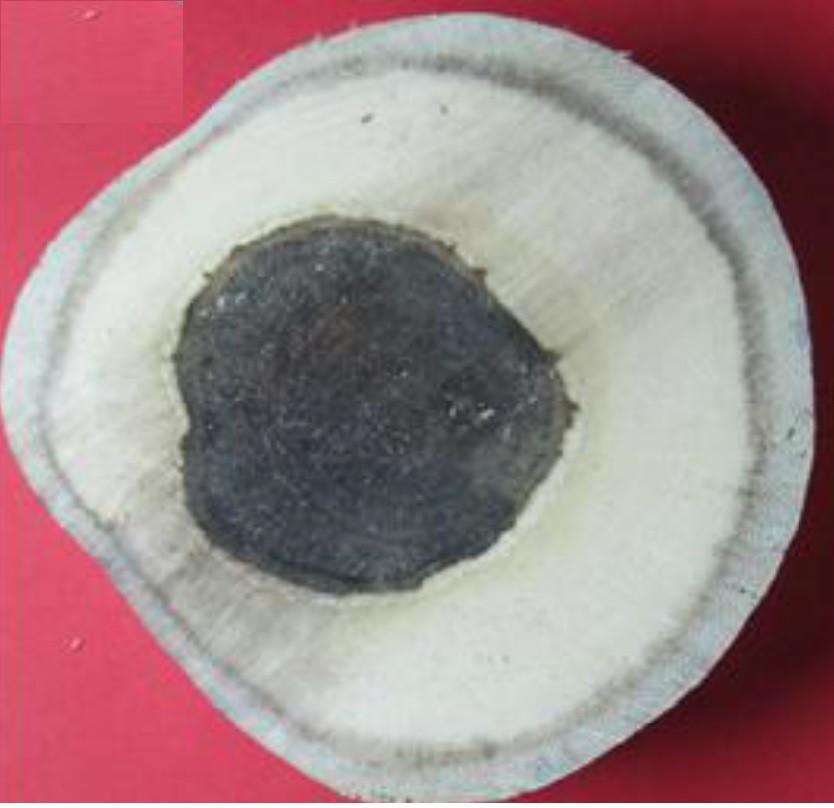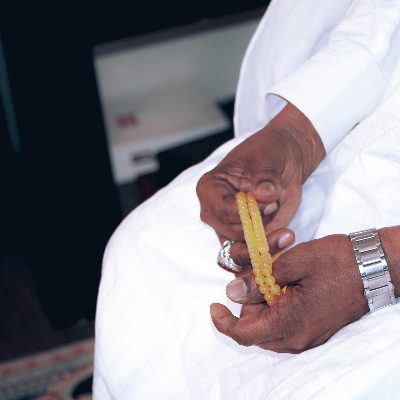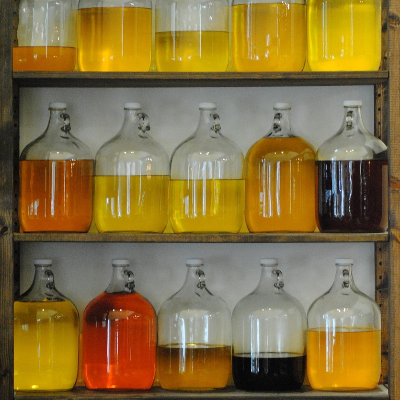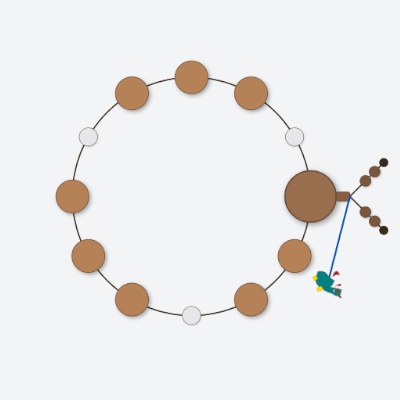Menu
-
-
F.A.Q
- How to identify genuine agarwood chip, natural or cultivated
- How to identify oil injection / absorption fake agarwood beads
- How to know if there are more than one oil in your oil
- How to make your wood bracelet or mala darker
- How to tell if an Agarwood bead sinks WITHOUT sinking it under water?
- How does back flow incense work and how do you burn it?
- Where to start if you don't know what agarwood is ?
- Why are you losing money if you buy seeds and plants?
- Which agarwood incense should I choose?
- Frequently Asked Questions
- Agarwood Related Articles
- Shipping
-
SHOP - Agarwood
-
SHOP - Other Fragrant Wood
-
SHOP - Incense Holder and Burner
-
- FREE Oud Oil guide
- Testimonials
- "Why did you buy this?"
- Contact us
- About Us
- +61430284329
- Login
-
English


Big brand names? Genuine Agarwood (Oud) oil?
Traditionally, people use Agarwood for oud chips, heating them as incenses. In modern days, Agarwood (Oud) gains interest in cosmetics and medicine manufacturing. Due to over-exploited, this precious wood is depleting. Human is planting hundred of agarwood plantation sites to save this valuable commodity in multiple locations to cope with its high demand.
Not everyone knows that it takes years for the Aquilaria tree to produce Agarwood. Ten years for the tree to mature and another of 2 years of wounding, many may die immaturely. It is fair to say, on average, it takes twelve years to produce decent agarwood quality.
With the commercial distilling technique, it takes1000 kg of wood to produce 1 litre of oil (this number varies). Directly from plantation site or growers, the price of cultivated Agarwood (Oud) oil is from $10,000 USD to $14,000 USD or even higher if purchased from dealers.
Cosmetic manufacturers would like "Oud" to be one of their product lines because as long as "Oud" is one of the ingredients, it could be sold at a better price.
The question is: There is a word "Oud" in the product description. What exactly does that mean?
Quite often, you will see the below
Cambodian Oud Oil
If you were a consumer, you would probably hear of the term "Cambodian Oud Oil". This term is prevalent as in the past, Cambodia is one of the leading agarwood suppliers destinations.
No offence, there may be some agarwood plantations site right now (invested by foreigners). Decades ago, there were not any; wild Agarwood was abundant back then.
The Middle East region (8,804,395 km², one of the primary consumers of Agarwood, is 49 times larger than Cambodia (181,035 km²). Most people in this region know what Oud is because this is part of their culture. An interesting question for you: How large are Cambodia's forest to supply for this region? Admittedly, pure Oud is not for everyone because of the affordability. What about commercial production?
What about commercial production? Professional distillers know that for wild Agarwood, it is tough to get the same scent profile for different batches. On top of that, only 10% of Aquilaria trees in the wild contains Agarwood. Inconsistency is the main issue for large production. Besides, wild oil is double the cultivated one at least and extremely limited in quantity. If you are a consumer, you expect the same quality all the time if you buy the same product, which makes wild Oud is not an ideal ingredient.
So how skincare or cosmetic producers contain "Oud" in their products? One of the answers will be synthetic, which is understandable as long as it is not harmful to the human being. The untrained nose will not notice the difference.
The other may be deceived by the unscrupulous sellers or has no idea what Oud is. Please see the label from one of the skincare brands:
On the left-hand side, Aquilaria Agallocha is an agarwood creation species, which sounds legit.
However, when looking at "Aetocxylon Sympetalum", you know that it is not agarwood oil as this species does produce oil but NOT agarwood oil. It is known as "buaya agarwood" locally in Indonesia, abundant and relatively low cost to make.
Arabian Oud?
In many online forum, people discussed Arabian Oud, and when asked what it was, many answer Arabian Oud is Oud from Arab Saudi.
Please note, Agarwood mainly harvested in South East Asia and India (totally different quality and scent profile), because the climate is suitable for the Aquilaria tree to grow. Aquilaria trees does NOT well in the Middle East or the Arab world because of the hot climate. Undoubtedly, many Arabian distillers/ investors come to Indonesia, Cambodia, or Thailand to invest or obtain Agarwood, but it does not mean that the Oud comes from there.
In short Arabian Oud is a marketing name, not Oud from Arab or the Middle East.
"Can I/ we try Oud for free"?
Believe it or not, many people asked for FREE Oud multiple times from me, and many Oud distillers.
Unfortunately, it costs to produce Agarwood let alone, labouring, shipping, handling, warehouse management. Have you ever tried to ask for a ketchup sachet in any fast-food chain to see if you can get it for free?
There are occasions where branded cosmetic producers asked for free samples. If you are an oud distiller or a seller, I have a message for you.
If you give your Oud for free to these guys, more than likely, they will not come back.
Why?
They are price-shopping. Think about it, these people work for a brand, or it could be their own brand. If they can't afford a tiny sample from you, what makes you think they will place a bigger order from you later on?
So for me, no FREE oud oil sample, please, although, for courtesy, I sometimes do when a customer has placed an order.
Besides, it is also about the attitude; when they ask for something free from you, they do not see your product or service value.
We love the small local perfume houses.
As the heading suggests, I love to work with many clients who are either perfumeries or simply just an Oud lover. We are human, after all, and do offer special pricing to small cosmetic producers. I have no pressure from the landlord (thanks to our family-owned plantation forest) and can pass some savings to you, the small perfumer houses.
1 Response
Leave a comment
Comments will be approved before showing up.
Also in News

What is Tasbih? The Deep Meaning of Subhan Allah and the Role of Prayer Beads
November 09, 2025 4 min read


Darryl O'Brien
June 10, 2017
I would like to come and experience your product. I am in Ipswich 4305.